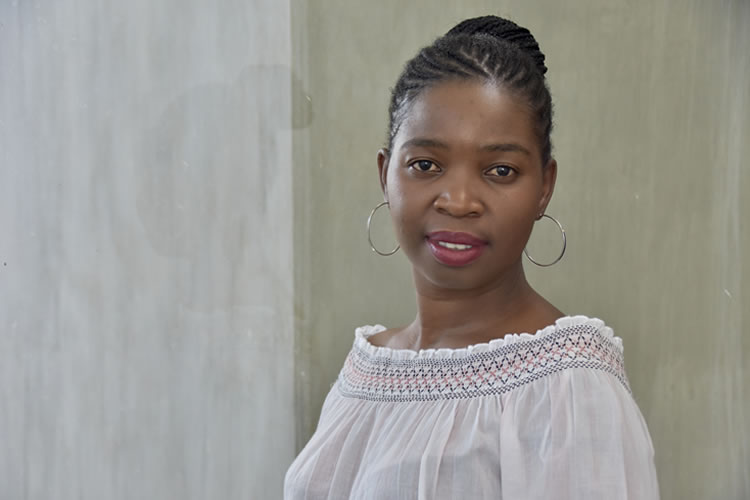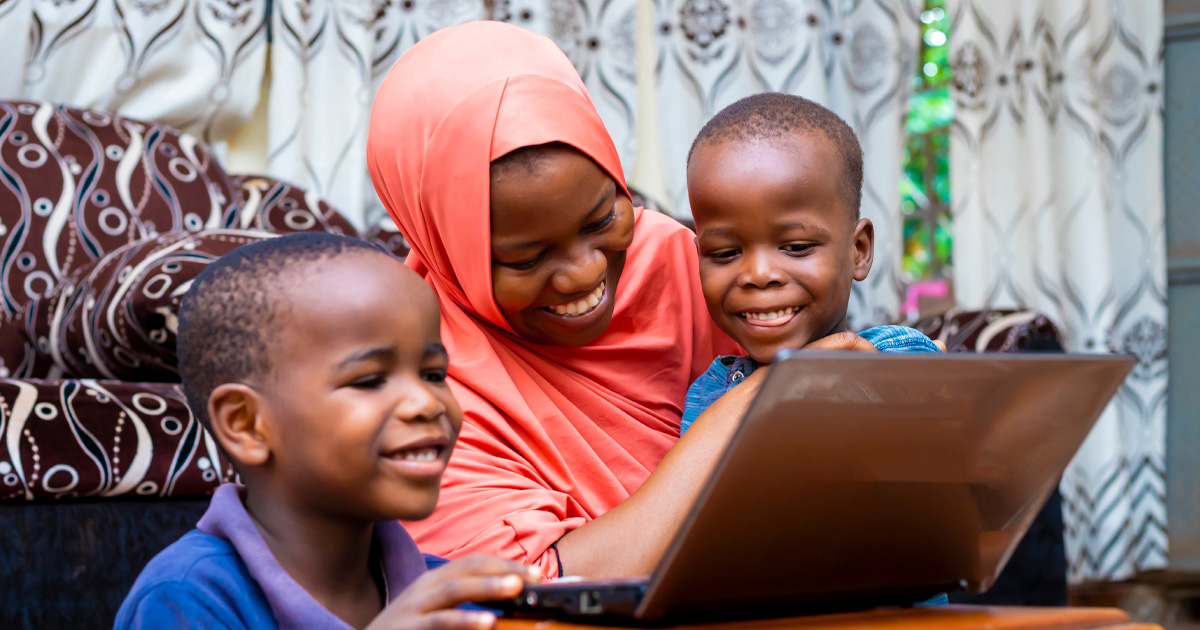On 3 August 2022, the Expression, Information and Digital Rights unit, launched the Digital Rights in Southern Africa Landscape report. The report is based on the African Charter on Human and Peoples’ Rights, and other international and regional human rights instruments that are important in the enforcement of human rights in the digital age. It seeks to enhance public interest and awareness of digital rights to exert direct influence on Southern African states to implement normative human rights standards in the digital age.
In his welcome remarks, the Assistant Director of the Centre for Human Rights, Mr Lloyd Kuveya noted the relevance of the launch and emphasised the importance of the report in Southern Africa. He lamented the enactment of retrogressive laws that have an impact on human rights in the digital sphere. Mr Kuveya expressed hope for the launched report to “develop legs” and influence policymakers in the protection of human rights offline and online.
The keynote speaker was the African Commission on Human and Peoples’ Rights (ACHPR) Special Rapporteur on Freedom of Expression and Access to Information in Africa, Honourable Commissioner Ourveena Geereesha Topsy-Sonoo (the Special Rapporteur). In her address, the Special Rapporteur commended the Centre for Human Rights for developing the digital rights report. Commissioner Topsy-Sonoo prompted the participants to utilise and rely on the 2019 ACHPR Declaration of Principles on Freedom of Expression and Access to Information in Africa to ensure the protection and promotion of rights that are protected under article 9 of the African Charter on Human and Peoples’ Rights and elaborated in the 2019 Declaration. She expressed confidence in the report and indicated that it will contribute to and enhance the understanding of promoting and protecting human rights in the digital age in Southern Africa.
S’lindile Khumalo of Alt Advisory presented the findings of the report. The report is anchored on the principle that the same rights that are protected offline should also be protected online. It covers milestones and gaps in the exercise of digital rights and proposes comprehensive recommendations for regional bodies, governments and policymakers, civil society actors, and other stakeholders. The sub-themes identified in the report include internet access, privacy and data protection, regulation of emerging technologies, restriction on freedom of expression and media freedom and regulation, and meaningful inclusion and equality in the digital environment. S’lindile called on states to ratify the African Union Convention on Cyber Security and Personal Data Protection (the Malabo Convention). She pointed out that the Convention has its deficiencies and requires an update for its proper advancement. She emphasised the importance of transparency in the public and the private sectors to ensure improved meaningful access to the internet. She noted challenges in the supportive infrastructure that contributes to meaningful access to the internet such as the erratic provision of electricity across the region.
The launch event also included a panel on electronic surveillance and human rights implications in Southern Africa. The speakers on the panel were Heidi Swart and Frederico Links. Swart is a South African freelance investigative journalist whose work focuses on various forms of surveillance in South Africa with an emphasis on law enforcement. Frederico Links is a Namibian journalist, researcher and freedom of expression advocate. Swart discussed the impact of the Regulation of Interception of Communications and Provision of Communication-Related Information Act (RICA) on people’s right to data privacy and surveillance technologies used by the intelligence and security sector. She highlighted that some of the applicable laws in South Africa are outdated. Frederico’s discussion included state abuse and control of cyberspaces in its mandate to maintain public order. He also explained that mandatory SIM card registration is a mechanism for mass surveillance.
Following the launch of the report, the Centre for Human Rights will be commencing a targeted digital rights training and capacity-building initiative that is aimed at supporting civil society, National Human Rights Institutions (NHRIs), government officials and parliamentarians.
The report is part of the Centre’s project on Digital Rights in Southern Africa, which is supported by USAID’s Advancing Rights in Southern Africa (ARISA) programme. The ARISA programme aims to improve the recognition, awareness, and enforcement of human rights in Southern Africa and a cross-cutting emphasis on protecting the region’s most vulnerable and marginalised groups, including indigenous peoples, women, and youth. Alt Advisory, a public interest advisory and research firm based in South Africa, compiled the report.
For more information, please contact:

Expression, Information and Digital Rights Unit
Tel: +27 (0) 12 420 4199
Fax: +27 (0) 86 580 5743
hlengiwe.dube@up.ac.za

Expression, Information and Digital Rights Unit
Tel: +27 (0) 12 420 3810
Fax: +27 (0) 86 580 5743
Ompha.Tshamano@up.ac.za

Expression, Information and Digital Rights Unit
Tel: +27 (0) 12 420 3810
Fax: +27 (0) 86 580 5743
marystella.simiyu@up.ac.za


